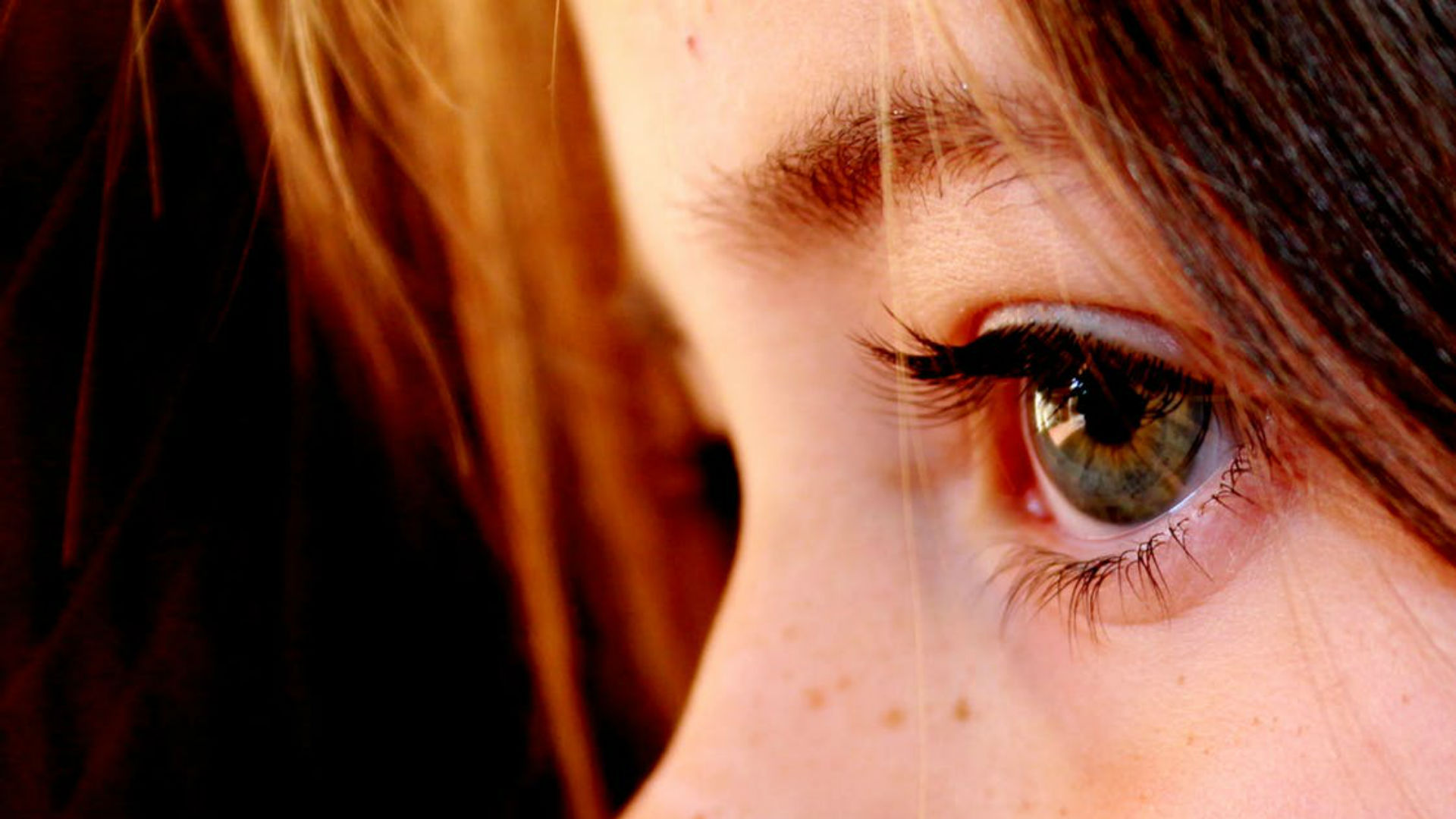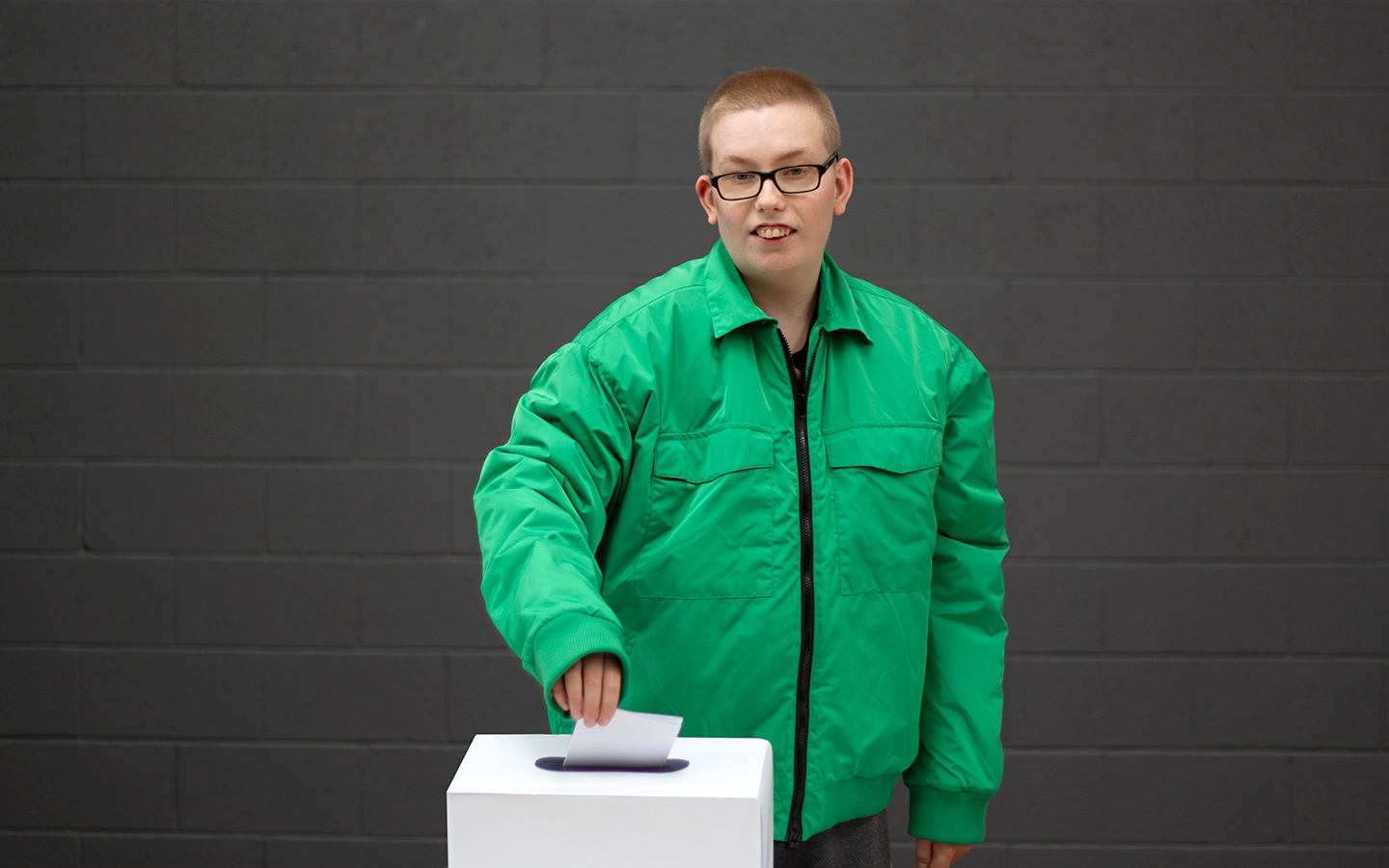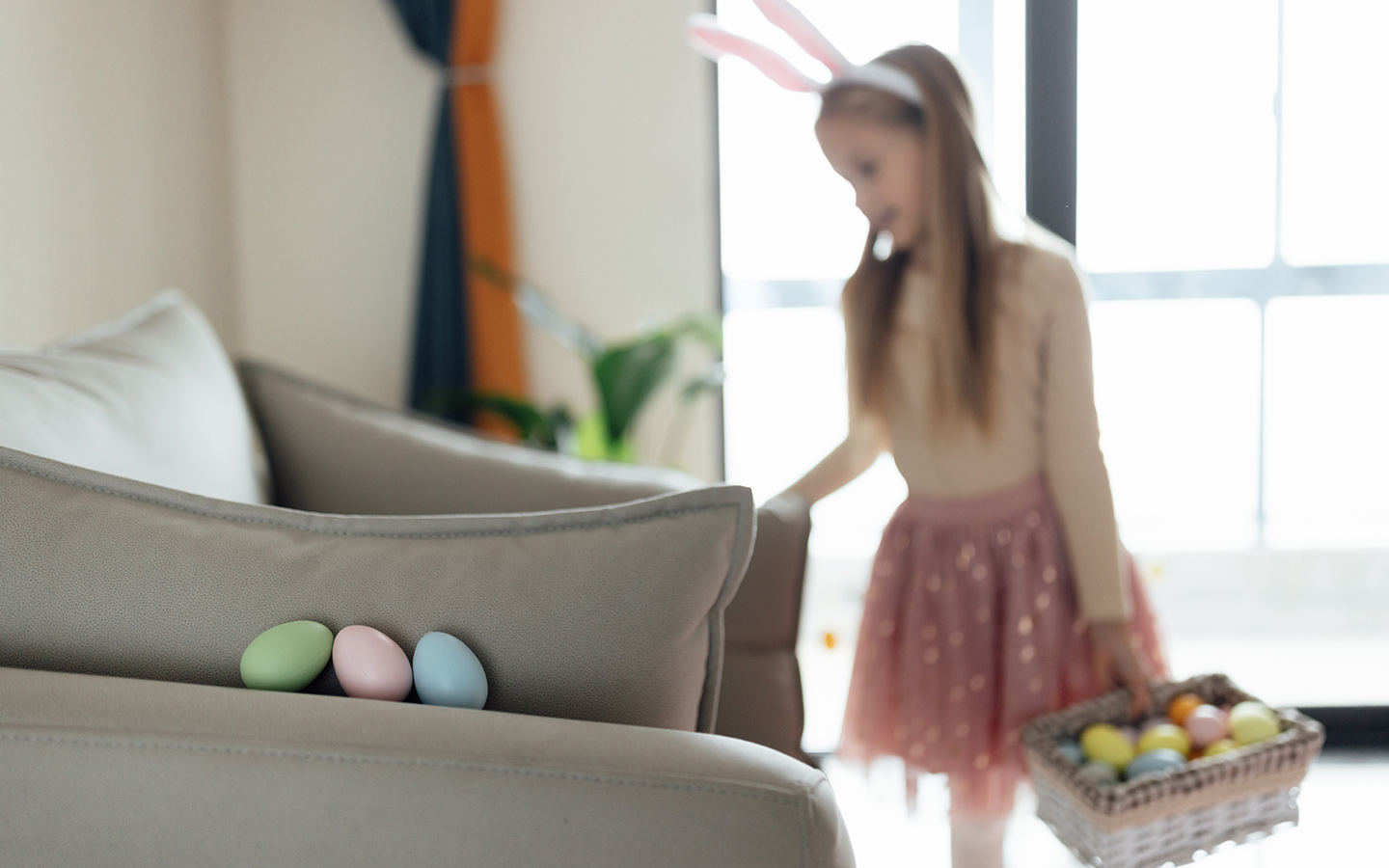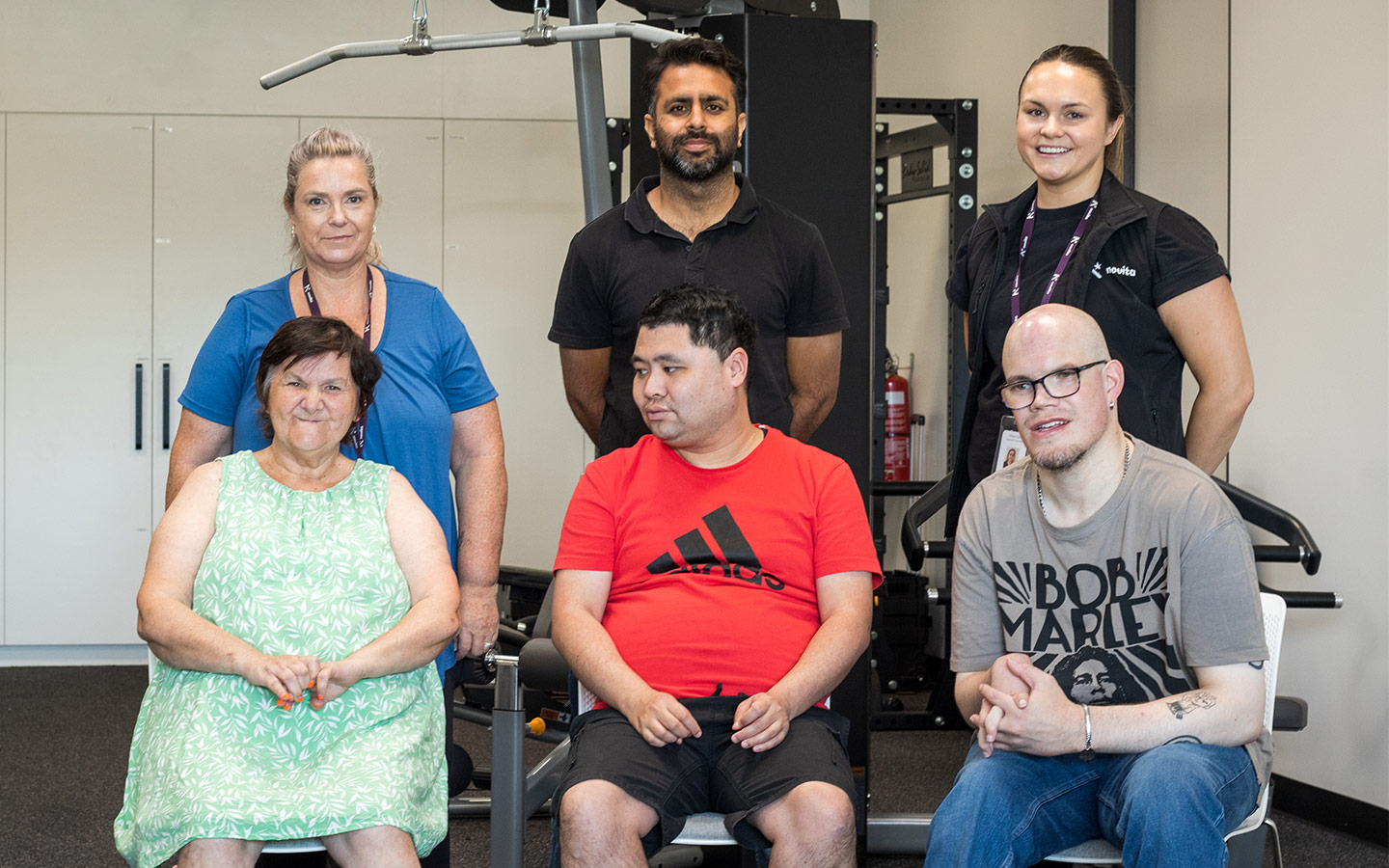Helpful Information
Understanding vision difficulties
access_time10min read

Vision is one of the key senses we use to learn about ourselves, other people and the world around us.
Good vision helps us to participate in whatever it is we want to do; e.g. play footy with friends, cook a meal or go shopping. Vision difficulties can make everyday activities such as playing, using a computer, moving about or personal care tasks a bit trickier.
Children and young people living with physical and sensory disabilities can be at risk of having vision difficulties that can’t be fixed by wearing glasses.
This can include:
- Cortical Vision Impairment (CVI)
- Visual Processing difficulties
- Conditions of the eye or optic nerve
When you notice that a child’s vision seems to be inconsistent, they look at you but don’t appear to really focus, they have a strong preference for looking at lights, windows or moving things (e.g. ceiling fans), they might have a CVI. You can discuss this with your ophthalmologist, paediatrician or occupational therapist (OT).
Occupational therapists at Novita can:
- Complete an assessment of functional visual skills to identify how a child is using their vision.
- Work with the child to maximise use of their visual skills and encourage participation.
- Give information to parents, carers and education staff on the impact vision difficulties may have on a child’s participation in their environments.
- Make recommendations to trial equipment or adapt the environment to encourage participation and independence.
- Provide professional learning opportunities for the people who are working with children with vision difficulties.
If you would like more information on this, you can get in touch by calling 1300 668 482.


